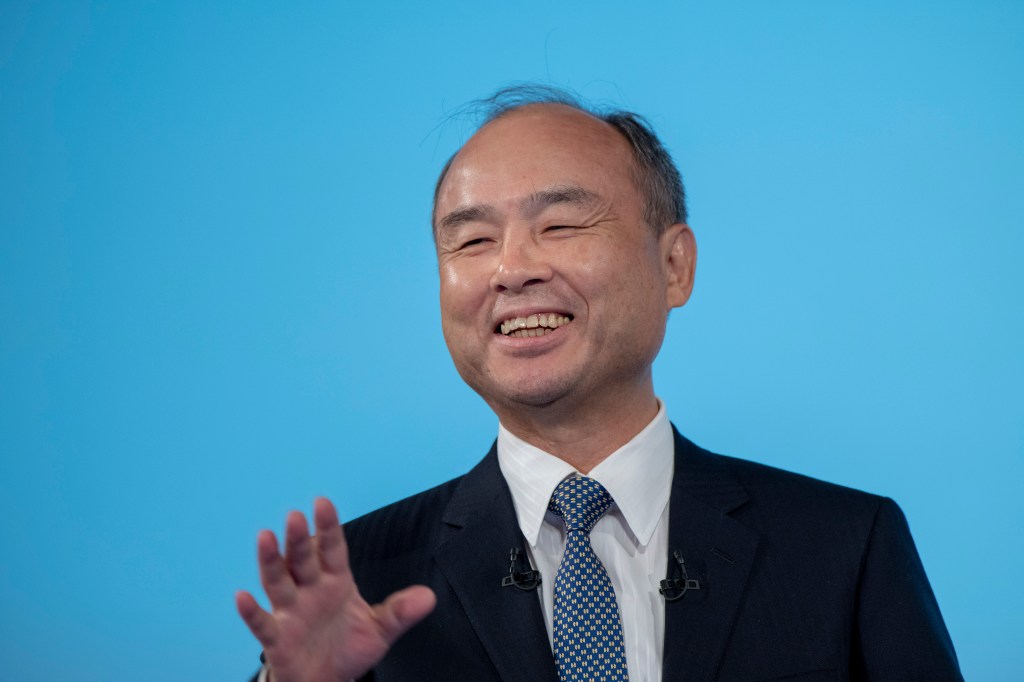SoftBank’s Strategic Shift: Divesting Nvidia Stake to Fuel AI Ambitions
In a bold move that has sent ripples through the financial and technology sectors, SoftBank Group has divested its entire $5.8 billion stake in Nvidia. This decision underscores SoftBank’s unwavering commitment to artificial intelligence (AI), as the conglomerate reallocates resources to deepen its involvement in the AI landscape.
Masayoshi Son’s Investment Philosophy
Masayoshi Son, the founder and CEO of SoftBank, is renowned for his audacious investment strategies. His career is marked by high-stakes bets that have often defied conventional wisdom. During the late 1990s dot-com boom, Son’s net worth soared to approximately $78 billion by February 2000, briefly positioning him as the world’s richest individual. However, the subsequent market crash led to a personal loss of $70 billion, marking one of the most significant financial downturns for an individual in history.
Despite this setback, Son’s $20 million investment in Alibaba in 2000, made after a brief meeting with founder Jack Ma, proved to be a masterstroke. By 2020, this stake had appreciated to an estimated $150 billion, cementing Son’s reputation as a visionary investor.
SoftBank’s Relationship with Nvidia
SoftBank’s engagement with Nvidia has been multifaceted. In 2017, SoftBank acquired a 4.9% stake in Nvidia, valued at approximately $4 billion, which was later transferred to its Vision Fund. This investment was part of a broader strategy to capitalize on the burgeoning AI and semiconductor markets. However, in 2019, SoftBank sold this stake for $3.6 billion, a decision that, in hindsight, resulted in a significant opportunity cost given Nvidia’s subsequent market performance.
The Current Divestment and Market Implications
The recent sale of SoftBank’s 32.1 million Nvidia shares, executed at around $181.58 per share, represents a strategic reallocation of assets. This move has prompted a nearly 3% decline in Nvidia’s stock price, reflecting market sensitivity to such substantial transactions. Analysts suggest that this divestment should not be interpreted as a lack of confidence in Nvidia but rather as a strategic maneuver by SoftBank to free up capital for its ambitious AI initiatives.
SoftBank’s AI Investments and Future Outlook
SoftBank’s divestment from Nvidia is not an isolated event but part of a broader strategy to intensify its focus on AI. The conglomerate has been actively investing in AI infrastructure and companies, signaling a clear intent to be at the forefront of this technological revolution.
In March 2025, SoftBank announced the acquisition of Ampere Computing, a chip designer specializing in AI infrastructure, for $6.5 billion in cash. This acquisition is expected to bolster SoftBank’s capabilities in AI hardware, providing a solid foundation for future developments.
Further demonstrating its commitment, SoftBank has been in discussions to invest up to $25 billion in OpenAI, the organization behind ChatGPT. This potential investment is part of a larger partnership that could see SoftBank allocating over $40 billion to AI initiatives in collaboration with OpenAI. Such a substantial commitment underscores SoftBank’s belief in the transformative power of AI and its determination to play a pivotal role in shaping its future.
Market Reactions and Strategic Considerations
SoftBank’s aggressive pivot towards AI has elicited mixed reactions from the market. While some investors express concern over the rapid divestment from a high-performing asset like Nvidia, others view it as a calculated risk aligned with SoftBank’s long-term vision. The company’s history of bold investments, such as the early stake in Alibaba, suggests a pattern of high-risk, high-reward strategies.
However, not all of SoftBank’s ventures have yielded positive outcomes. The substantial losses incurred from investments in companies like WeWork serve as cautionary tales. These experiences highlight the inherent risks associated with SoftBank’s investment approach and the importance of strategic execution in realizing returns.
Conclusion
SoftBank’s decision to sell its Nvidia stake and redirect funds towards AI initiatives reflects a strategic realignment aimed at capitalizing on the burgeoning AI sector. While this move introduces certain risks, it also positions SoftBank to potentially lead in AI innovation. As the company continues to make significant investments in AI infrastructure and partnerships, the market will closely monitor the outcomes of these bold endeavors.



